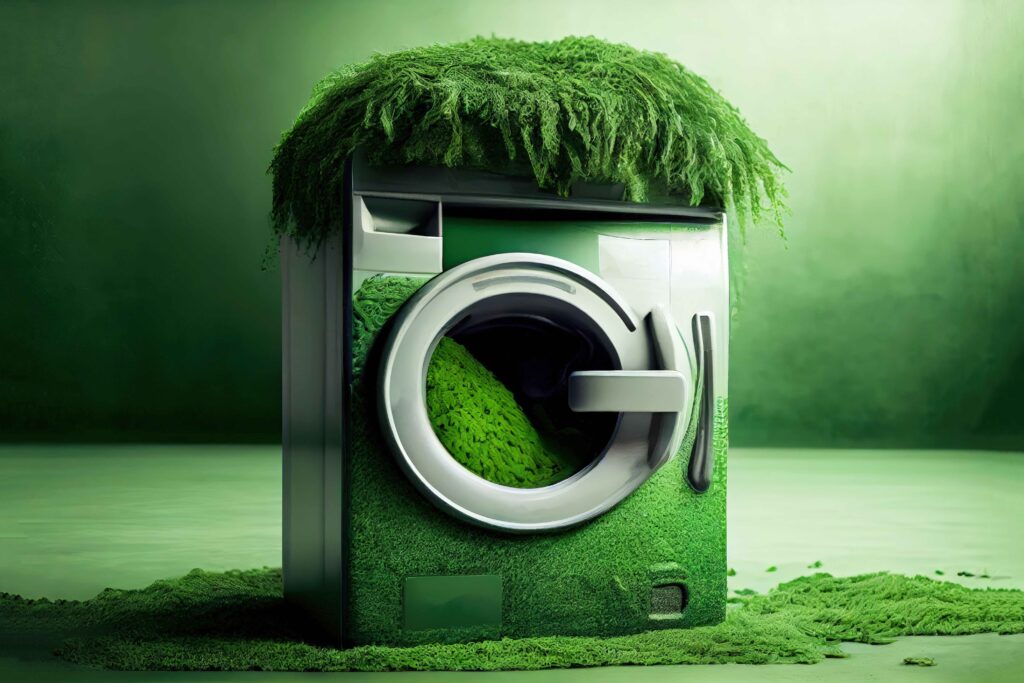The post exactly how can travel agents avoid the reputational risks involving trying to become lasting? showed up first on TD (Travel routine Media) Travel Constant.


The current Earth time (22nd April) and World Environment Day (5 June) brought together inevitable stories about shameful greenwashing – from oil giants to international financial institutions to car companies. As an industry that adds 8-11% of global greenhouse gasoline emissions (WTTC, 2022), travel companies have actually a serious role to relax and play in following greener practices, yet can very quickly face reputational dangers in doing this: accusations of greenwashing or backlashes from those against ecological policies can naturally keep a lot of companies thinking they have been better off maybe not bothering.
As an alternative for those genuinely invested in transform, this departs a lot of companies inside vacation business afraid to launch green promotions publicly, instead leading to ab muscles opposite: ‘green-hushing’, for example. maybe not interacting what they are doing. This not only indicates the firms lose out on the warranted benefits of acting virtuously, but additionally that such activities don’t possess complete effect they deserve as engagement amounts are lower due to insufficient awareness.
Just what exactly should travel companies be performing at a communications degree whenever attempting to work sustainably? And where as long as they concentrate their attempts? We asked a number of travel technology industry experts.
Christian Sabbagh, creator & CEO from travel SaaS provider Travelsoft – people who own platforms such as Orchestra, Traffics and Travel Compositor – feedback: “In an ever more environmentally mindful world and a very powerful news concentrate on the travel industry relating to this subject, travel companies are under installing pressure never to just lower their carbon impact but to communicate and report their efforts in a transparent and meaningful method. I think that individuals, as an industry, should see this subject as an optimistic challenge to accept, act and communicate about our achievements. By reacting absolutely for this pressure we could advance faster and continue to keep a step ahead.”

Taking a look at how accommodations prove in their sales and marketing stations, Janet Jaiswal, VP of Marketing from Cloudbeds – who provides technology to independent hotels – feels that “it’s insufficient to simply make changes behind-the-scenes; organizations also need to communicate these attempts for their clients being really make a difference. However in a world in which travellers are increasingly prioritising eco-friendliness, if you are not able to follow-through on sustainability initiatives when the guest is on the home then that can lead to reduced visitor satisfaction, cancellations and less bookings in the long run. Businesses must take a holistic method of durability to be able to benefit environmental surroundings and keep maintaining their bottom line.”
Alex Gisbert CEO of FastPayhotels – a B2B platform for travel sellers and hotels globally – points out that whilst most of the main focus is on all those who have much carbon footprint, as an example the air companies or even the accommodations, all organizations over the travel circulation ecosystem must accept your days of saying ‘that’s perhaps not me’ have died. “The carbon impact for the tech industry concentrated around travel – bedbanks, GDS providers, station supervisors, payments services, residential property management systems, PSS systems, an such like – may have a tremendously tiny direct carbon influence compared to the vendors, however it is there nonetheless. Besides, true sustainability isn’t only about carbon impact, it really is so much more. There are actions into the correct path for sure, but they’re not quite as well communicated or coordinated like in the B2C area and they should discover their particular vocals, neither over-emphasing their part and influence nor downplaying it. Begin small would be my advice.”
Thinking about the challenges that tourism boards face, Carlos Cendra from vacation intelligence provider Mabrian adds: “The DMOs have an original opportunity to make important contributions to durability, whilst preventing the risks of greenwashing or certainly backlash from those in opposition to ecological policies. It’s not more or less the carbon footprint though, tourism sustainability goes beyond that and must certanly be approached from different measurements: environmental, personal, economic and structural. The DMOs managers possess responsibility to implement a sustainable tradition for both the tourism sector in addition to residents. Which takes time and efforts to determine, but it is the only way to make a genuine and enduring modification. By comparison, the ‘patchwork’ strategy to do uncoordinated sustainability activities is virtually ineffective and will offer an impression of greenwashing”.

At the same time Alex Barros from resort income management system BEONx views advertising the durability of your property not merely as way to make sure you don’t fall at the rear of, but as “an real direct way to obtain income generation, quite literally selling all of them a lasting knowledge or solutions. While a sustainable business design may require preliminary financial investment, it offers long-term advantages regarding cost savings and improving the hotel’s reputation. On top of that, resorts that elect to dismiss sustainability do so at unique danger, risking reputational harm and monetary losings facing increasing interest in socially accountable organizations. In A Nutshell, becoming lasting is not any longer a selection, but essential for resort hotels that wish to remain appropriate and lucrative.”
Customers as well as somewhat B2B buyers glance at the aviation room and naturally focus on the fuel consumption aspect, but let’s not forget that there’s your whole B2B side of the industry providing all of the technology and businesses that produce every thing work. Martin Eade from vacation reservation technology provider Vibe tips away that such companies have “generally marketed sustainability when it comes to just what their particular business is doing, instead of how the services they offer can lead to a far more lasting globe. Give consideration to including NDC solutions that help individuals to quickly access just the elements they require – think about the carbon footprint of unconsumed dishes or unwanted additional legroom, as an example – or higher efficient rebooking tools that help lower the quantity of empty chairs on an airplane. If You can backup your claim showing a demonstrable effect, do this not merely because your business benefits but because it inspires others to thing exactly the same way.”
Eventually, searching this topic through the trader perspective, Morgann Lesné from boutique vacation financial investment bank Cambon Partners commentary: “There is an ever growing desire among people to align on their own with green-related businesses. However, it’s essential to remember that credibility is type in this arena. Trying to greenwash people by overselling your environmental actions or making false statements is not just dishonest, but it may possibly also land you in legal difficulty. Within a market on forefront of ecological problems, it’s imperative for travel agents to be clear and truthful about their particular environmental techniques whatever they may be, whilst at exactly the same time constantly striving for continuous enhancement. Despite just what some think, people price honesty and trust, stability, thinking lasting and doing suitable thing.”
The post exactly how can travel agents avoid the reputational risks related to attempting to be sustainable? appeared very first on Vacation Everyday.
Resource website link

